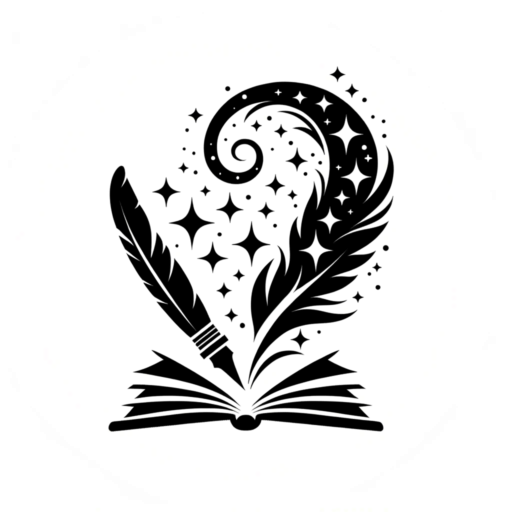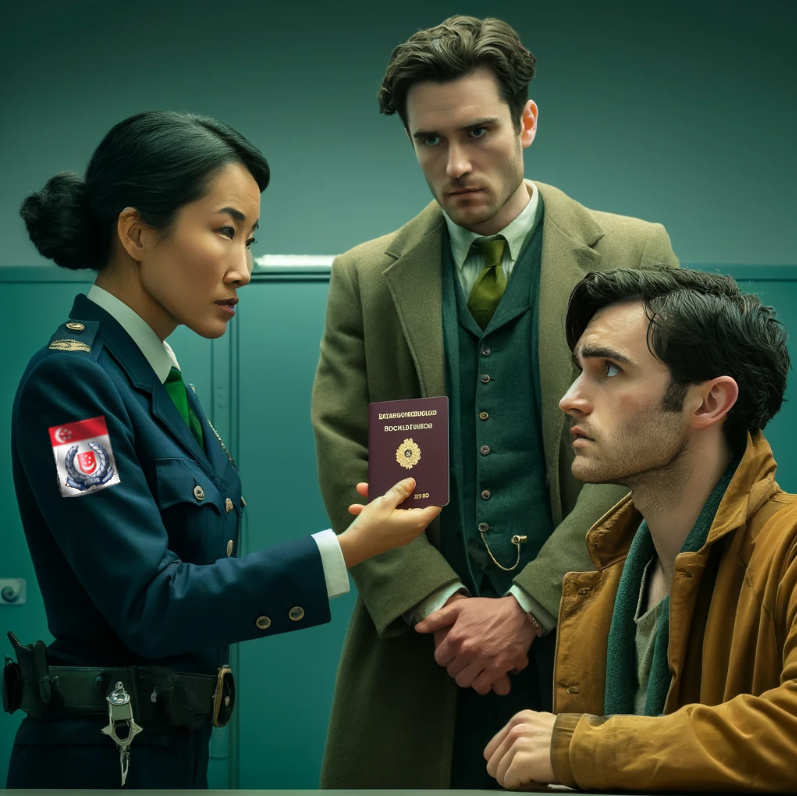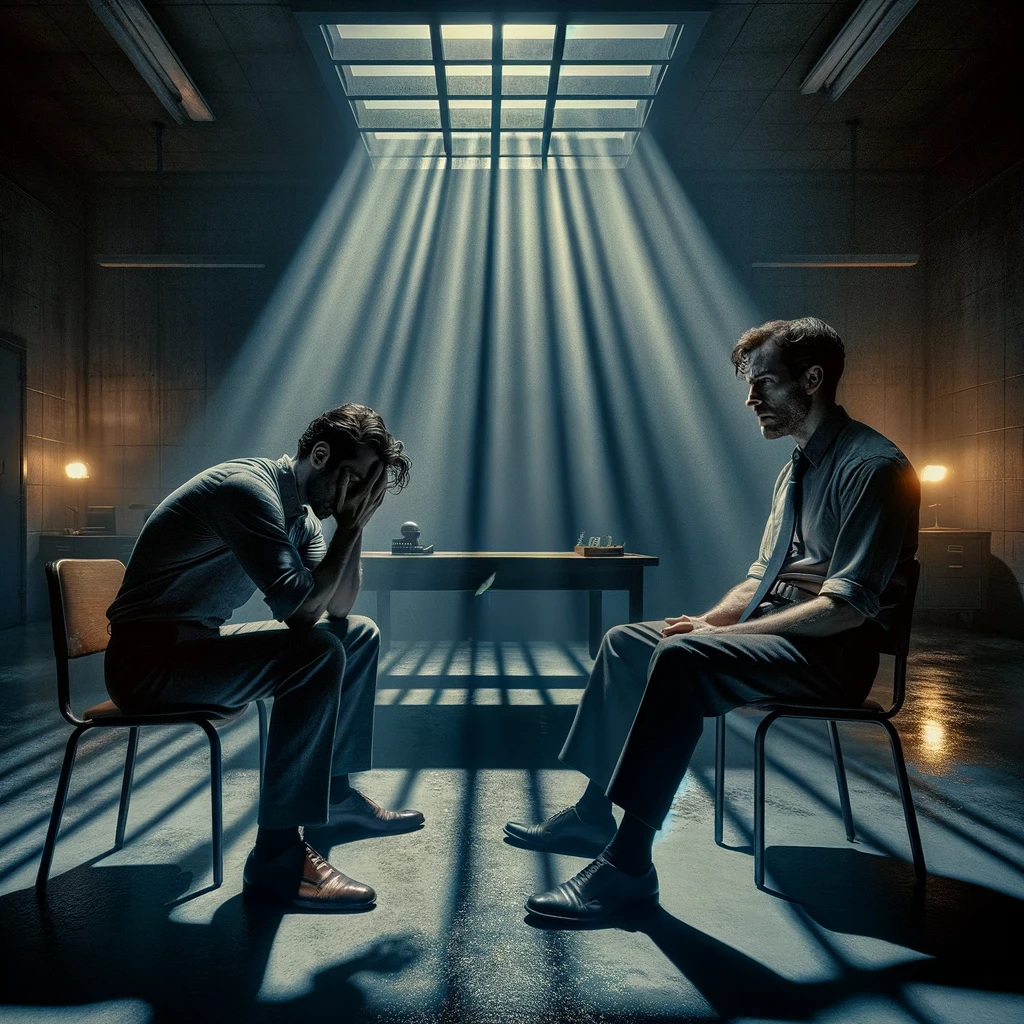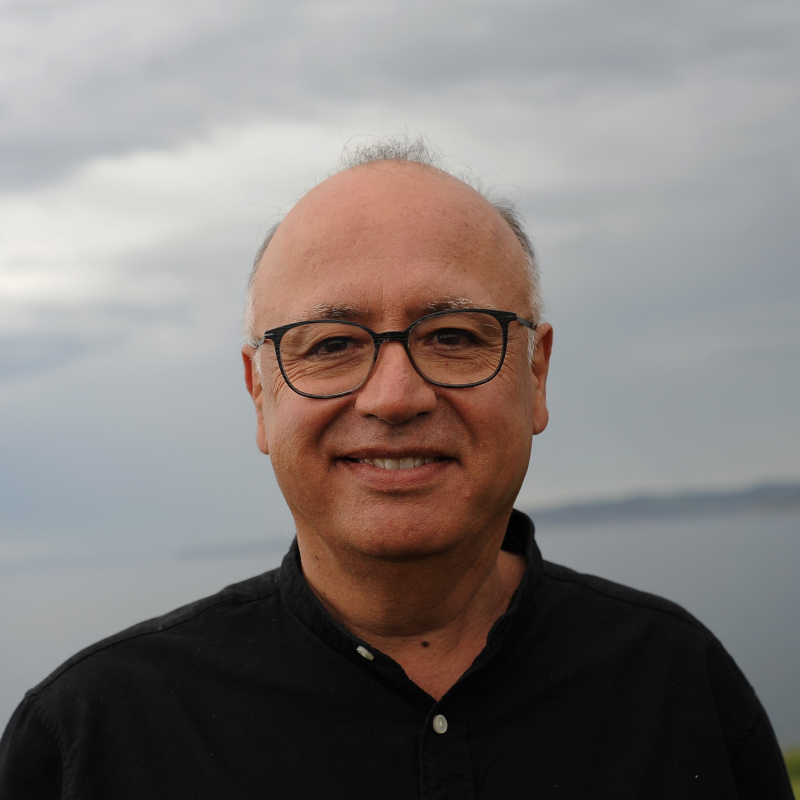Further than the trip
Some years ago, I worked at an IT company renowned for creating the best spreadsheet software at the time, a distinction it held for many years thereafter. Although an American enterprise, its principal European office was situated in Dublin, Ireland. My role was that of a second-level support engineer, with a specialisation in various desktop products. As is customary, a new generation of products was introduced. We were the first team outside the US to preview the new versions and undergo extensive training. A few weeks later, Patrick, a colleague from the support team, and I were dispatched to various support offices across the globe to conduct training sessions.
We were overjoyed upon learning that our assignment included travel to the Singapore office, complete with first-class tickets. The trip was fantastic apart from a short thunderstorm we went through before arriving and could have triggered our subsequent issues. When it was our turn at the passport control, I proceeded without incident and waited further ahead for Patrick, who I could see was arguing with the imigration’s officer and looked visibly perturbed. I asked him what was wrong but before he could reply the officer looked at me and asked me if I was travelling with Patrick. I of course answered that yes, that I was.
Suddenly, I felt a tap on my shoulder. A police officer gestured for me to follow him. Glancing back at Patrick, I saw him being led behind us by two uniformed men. We were escorted across the airport to a brightly lit, windowless room furnished with four plain chairs and a table. After some time, a woman with a vaguely Western appearance entered, accompanied by a policeman, and requested my passport.
“Are you from Spain?” she asked, despite holding my Spanish passport in her hands.
“Yes,” I replied, growing anxious. “What’s wrong? Why are we here?”
She regarded me for a moment before asking as she showed me Patrick’s passport, “Have you ever seen this text and passport before?”
It was the cover of an Irish passport, emblazoned with “ÉIRE”, “An tAontas Eorpach,” and the Irish coat of arms.
“Yes. It’s an Irish passport,” I confirmed.
“Do you know this man?” she inquired, gesturing towards Patrick.
“Yes. We work for the same company, and we are here on a business trip to provide training at the regional office in Singapore,” I explained.
She looked from me to Patrick and then back to the passport, her expression one of deep contemplation. Finally, she spoke, “The country Éire does not exist.” She turned her gaze to Patrick, stating, “You will be charged with possession of fraudulent documents to access the country illegally.” Then, addressing me, she added, “You are charged with abetting an illegal entry into the country. You are both to remain here until we take you to court.”
Patrick’s response was immediate and loud, “But how can you say that? Ireland has been around since the early 20th century.”
“I didn’t say Ireland doesn’t exist. I said Éire doesn’t,” she corrected.
“But it’s the same thing!” We protested almost in unison.
“The only place called Ireland is part of Great Britain, and they use British passports. What’s this other text? An tAontas Eorpach,” she continued, sounding out the words.
“European Union,” Patrick corrected her.
Her laughter was sharp and mocking. “European Union? You do nothing but kill each other,” she scoffed. “I don’t know why you would attempt such a foolish ploy to enter illegally. We are not fools, you know.”
We were dumbfounded. Was this some sort of terrible joke? Could an immigration officer truly be this misinformed? It seemed she read our disbelief because she pulled out her mobile phone, launched Google Maps, and presented us with a view of Western Europe. Shockingly, there was no Republic of Ireland to be found.
“You will stay here until we bring you before a judge,” she declared, exiting the room with our passports in hand.
Luckily, they hadn’t confiscated our phones, allowing us to connect to public WiFi. We hurried to verify the map we had been shown. Astonishingly, our maps also depicted all of Ireland as part of a unified entity known as Great Britain and Ireland.
Attempting to reach our local office resulted in an “invalid number” error. Despite the late hour back home, we felt compelled to call. Patrick’s calls went unanswered, while I managed to disturb an elderly Irish woman, who, after my second attempt, sharply told me to “Feck off.”
We sat in bewildered silence, struggling to comprehend the situation. Could this all be an elaborate hoax? Yet, it seemed implausible that Singapore’s police and immigration would engage in such an extensive deception. The notion that an Irish passport, let alone the very existence of Éire, could be disputed was baffling. Furthermore, the absurd suggestion of Europeans engaging in constant conflict was utterly out of touch with reality, considering the continent’s long-standing peace.
“Do you reckon the storm had something to do with it?” Patrick asked me after a long period of silence.
“The thunderstorm on the plane? How?”
“What if we’re not in our reality anymore? What if we’ve jumped to a parallel one and what the copper said is true here?”
My heart raced as the idea took hold. It would explain everything, but I refused to believe it.
“It’s more likely the bastard is just racist. Did you notice the RP accent? What if a family member of hers was murdered by the IRA during the Troubles?” I countered. “I find that easier to believe than parallel dimensions.”
“I don’t know. Anyone can have an RP accent these days. You know the best RP is often foreign. If it were just her, I might accept what you say, but the immigration officer at the booth was truly surprised. No, this isn’t about personal vendettas or ignorance. These people genuinely believe that Éire doesn’t exist.”
The implications made me dizzy. Would I never see my wife and baby son again? I sat down and held my head. There had to be a solution.
Suddenly, Patrick walked to the door and tried to open it. It was locked, but we heard someone on the other side, and the door opened.
“Would you like something?” a policeman asked.
I thought about rushing out but had nowhere to go, so I just asked for a coffee and something to eat.
“I’d rather have tea,” Patrick said before the policeman left. Then he sat next to me.
“A cuppa is always a good solution in a stressful situation.”
Having been born in Chile, a tea-drinking country, I agreed with him.
“Why did you ask for a coffee then?” Patrick queried.
“It’s easier to find decent coffee than decent tea in foreign countries,” I replied.
“We’re in Singapore. Chinese culture is everywhere, and they are masters of tea. It probably won’t be Indian tea, but it’s bound to be good.”
We stood up and paced around the room nervously waiting for our drinks. Even though they had treated us well, the situation was hard to grasp or understand and it just created fear.
Our silent contemplation was abruptly interrupted by an approaching noise. At first, it was faint, barely perceptible in the background, but it gradually grew louder. It sounded like some bizarre electric vehicle drawing nearer, its volume increasing by the second. We then realised that the lights in the room were emitting an eerie buzzing sound. This noise seemed to be the source or, at the very least, was reacting to it. Suddenly, the lights flickered and went out, plunging us into darkness. This unexpected blackout, which felt like an eternity, was probably only a few moments. When the lights finally came back on, we were astounded by the transformation of the room. The once austere setting had vanished, replaced by an almost welcoming space, complete with comfortable chairs, a glass door, and even a machine dispensing coffee and snacks. Patrick and I stood there, dumbstruck by the sudden change, frozen, unsure of what to think or do.
Our astonishment deepened when a man, displaying a mixture of irritation and puzzlement, entered the room holding our passports. His initial words to us were laden with frustration and confusion.
“You two are from the software company?” he inquired, his tone hinting at the trouble we had seemingly caused.
“Yes,” we responded in almost perfect unison, still bewildered by our situation.
“I’ve been searching for you throughout the airport and have only just discovered your passports on my desk, even though I’m certain they weren’t there earlier. Your company even rang, expressing concern over your whereabouts. How did you end up here? This isn’t a public area. You’ve been missing for hours.”
Making up a plausible story—aware that the truth would stretch the bounds of belief—we explained how we ended up lost after being granted permission for a coffee break, a request we made to an individual we assumed was a police officer. Finding no grounds to keep us, the authorities allowed us to go. As the week wore on, we completed our work and boarded our flight back to London and then Dublin. Seated together in first class, we were lost in thought, intermittently discussing the bewildering events that had occurred upon our arrival in Singapore.
“Look at that woman over there,” Patrick murmured.
He was seated by the window, and I was next to the aisle. The woman of about forty and wearing a business suit was directly across from me, looking terrified.
“She’s probably just afraid of flying,” I suggested.
“I mean, she was also on our flight to Singapore,” he pointed out.
Taking another look, I realised he was right. She had been on our inbound flight and hadn’t seemed frightened then.
“Excuse me,” I addressed her, “We noticed you were on the flight from London a week ago. Sorry to disturb you with an odd question, but did anything unusual happen to you after we landed?”
For the first time, it seemed she truly noticed me. Her eyes widened in shock.
“Oh my God! Did it happen to you too?”






0 Comments